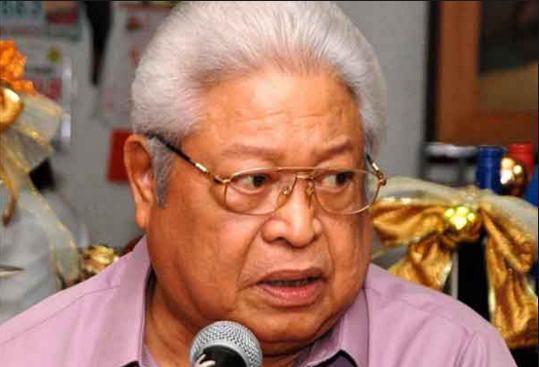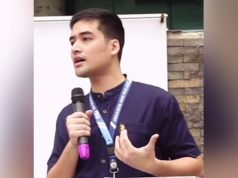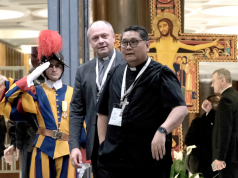MANILA, Philippines — Replacing incumbent elected barangay officials with appointed officers-in-charge, as Congress plans to do, will violate the Constitution and existing laws, Albay Representative Edcel Lagman said.
“The appointment of OICs is an aberration which supplants the popular electoral will,” he said in a statement. “The Constitution classifies barangay officials as ‘local elective officials,’ and consequently, they are installed to office by electoral mandate, not by appointment.”
Bills to suspend the October 2017 barangay elections, identified as priority legislation, are pending at the House of Representatives and the Senate but lawmakers differ on whether to appoint OICs or allow the incumbents to stay as holdovers.
President Rodrigo Duterte, who claims “most” barangay officials are involved in the illegal drug trade, first raised the possibility of replacing them with OICs.
But Lagman said “barangay officials suspected of complicity in drug-related offenses or any criminal act must be prosecuted and removed for cause pursuant to law, not substituted with OICs.”
Lagman cited Section 8 of Article X of the 1987 Constitution, which provides: “The term of office of elective local officials, except barangay officials, which shall be determined by law, shall be three years and no such official shall serve for more than three consecutive terms. Voluntary renunciation of the office for any length of time shall not be considered as an interruption in the continuity of his service for the full term for which he was elected.”
He explained that under this provision, unlike other elective officials whose terms and number of allowable reelections are fixed by the Constitution, the term of office of barangay officials “shall be determined by law.”
“While ordinarily the term of office of barangay officials is also fixed by law to three years, which shall not exceed more than three consecutive terms, there was a time under R.A. No. 8524 (February 1998) that the term of office of barangay officials was increased from three years to five years, but reverted to three years under R.A. No. 9164 (March 2002),” he said.
“Due to the classification by the Constitution of barangay officials as elective local officials, the various laws pertinent to the election of barangay officials provide for holdover,” Lagman added.
Republic Act No. 10923 which was approved on October 15, 2016 postponed the barangay and Sangguniang Kabataan elections to the fourth Monday of October 2017 and provided that “[u]ntil their successors shall have been duly elected and qualified, all incumbent barangay officials shall remain in office, unless sooner removed or suspended for cause,” according to Lagman.
Similarly, other laws on barangay elections, such as R.A. No. 6653 (May 1988), R.A. No. 9164 (March 2002) and R.A. No. 9340 (September 2005), also provide for holdover officials.
“Holdover provisions recognize that elected barangay officials shall remain in office until the election, not appointment, of their successors,” he said.










